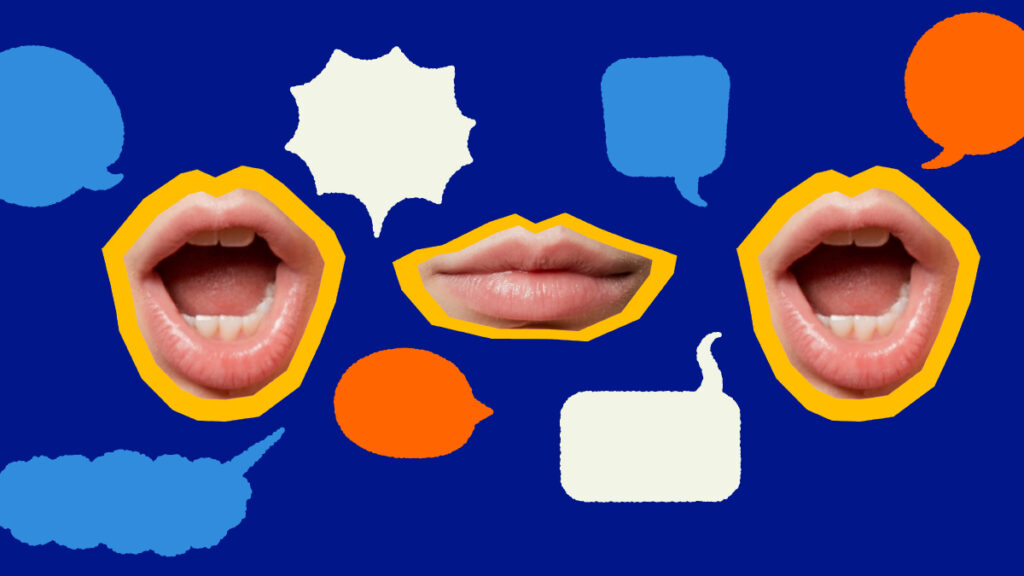Let’s move beyond translations!

The invention of Google Translate in 2006 was groundbreaking. Translations were now possible in a matter of seconds. The technology was convenient, and although people knew that the translations weren’t accurate, it opened up a new level of access to multicultural communities that people had never experienced before.
Fast forward to 2023, the translation industry has only grown and with it, the accuracy of translations has improved. Despite this vast improvement in technology, one thing remains the same: the lack of cultural context.
At ASG, we are faced with this challenge every day. As a full-service marketing agency, we are tasked with developing messages that will resonate with hard-to-reach communities. When campaigns are developed in English and then translated, they often lose their meaning and purpose. That’s why ASG believes transcreation is so important – it pushes us to consider the intricacies of a language that extend beyond grammar.
Transcreation involves taking a message in one language and recreating it in another while maintaining its original intent, tone, and emotion. Transcreations are difficult to achieve because they require teams to reimagine content in a way that can authentically reflect a community. At ASG, 75% of our team members are bilingual speakers. Our diversity is the secret sauce driving this process. We merge creativity, linguistic capabilities, and cultural understanding to find the right combination of words that will inspire, connect and mobilize individuals. We believe that transcreations are iterative and should involve real-time input from community members to include cultural references that are intrinsic to the target of interest. That’s why creating touchpoints early on in our campaigns is crucial. We organize community conversations, launch surveys and run A/B tests to inform the messages we develop and to ensure the community is part of the conversation from the get-go. Like Google Translate, our transcreation method will continue to evolve, but one thing is certain – we have moved beyond translations.